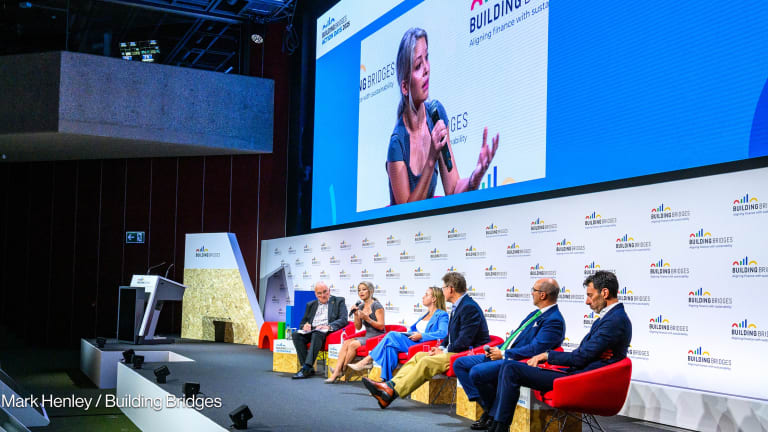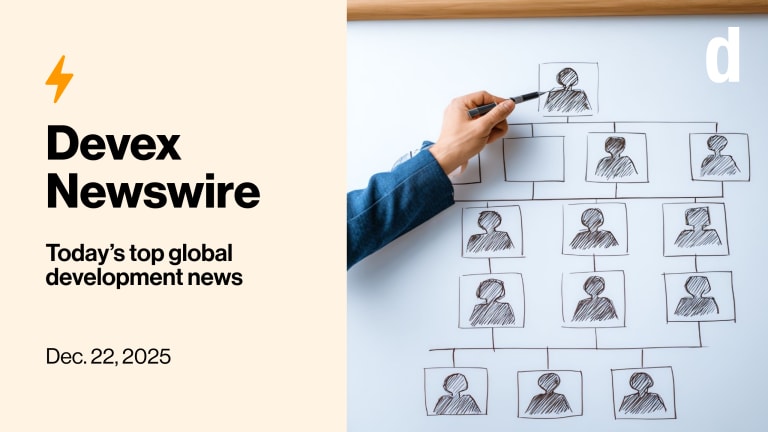Cost estimates for implementing the proposed sustainable development goals run into the trillions of dollars. That should be expected of an agenda that includes such ambitions as “end poverty in all its forms everywhere.”
Numerous discussions about where that money will come from — including last month’s Financing for Development conference in Addis Ababa, Ethiopia — tend to gravitate toward the same answer: It must come from everywhere.
Social impact bonds, crowdfunding, cash transfers and remittances, and a slew of other mechanisms to make financing available in places underserved by traditional banking models are attracting attention and gaining popularity. One lesson they are all imparting is that financial transactions take place within cultural contexts. Cultural norms and expectations play a big role in promoting — or inhibiting — access of an individual, family or community to financial services.








